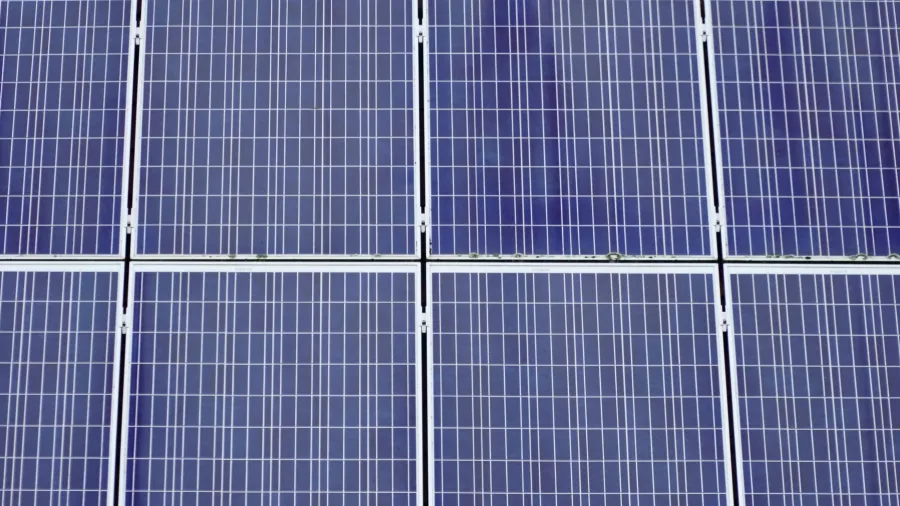
Singapore develops framework for RECs in cross-border electricity trade
The timeline for this framework is still being finalised.
Singapore is working with partners to establish a framework for recognising Renewable Energy Certificates (RECs) associated with cross-border electricity trade.
The initiative aims to support the city-state's goal of importing 6 gigawatts (GW) of low-carbon electricity by 2035, as part of efforts to decarbonise its power sector, which contributes approximately 40% of national carbon emissions.
RECs serve as proof that one megawatt-hour (MWh) of electricity has been generated from renewable energy sources. Companies with sustainability goals can purchase these certificates to account for reduced Scope 2 greenhouse gas emissions. Ensuring the integrity of RECs is essential for companies aiming to fulfill their corporate sustainability targets.
In Singapore, the Singapore Standard (SS) 673: Code of Practice for Renewable Energy Certificates provides a robust framework to maintain the credibility of RECs generated from local renewable energy projects, particularly by mitigating the risk of double counting.. However, there are currently no established international standards for RECs related to cross-border trading.
To address this, Singapore is collaborating with countries like Australia and organizations such as the Asia Clean Energy Coalition (ACEC), Climate Group's RE100 initiative, SEMI, and the I-TRACK Standard Foundation to create a credible framework for these RECs. The timeline for this framework is still being finalised.
The development of a reliable cross-border REC framework is expected to boost demand for electricity trading projects, fostering investment in renewable energy across the region.
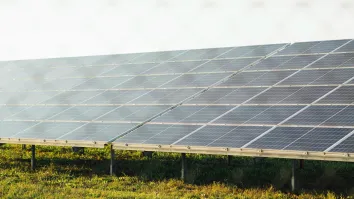
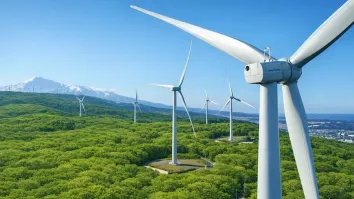
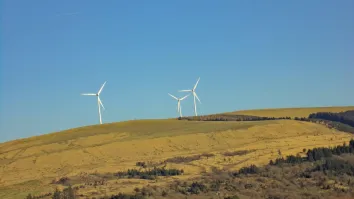
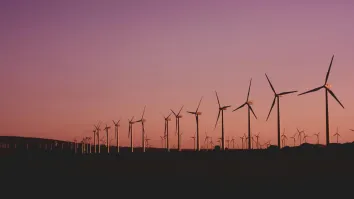













 Advertise
Advertise









